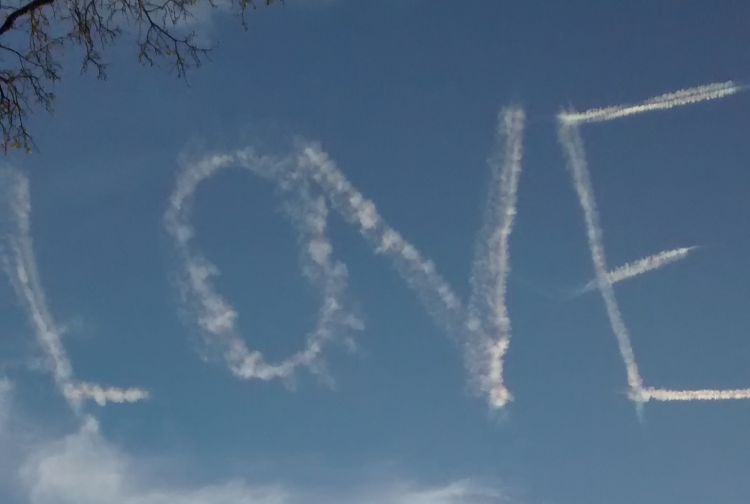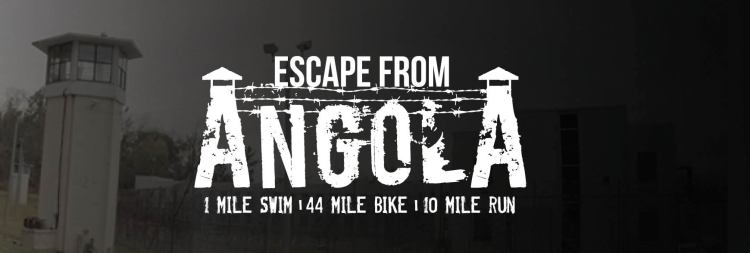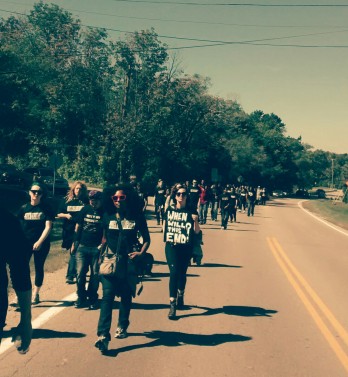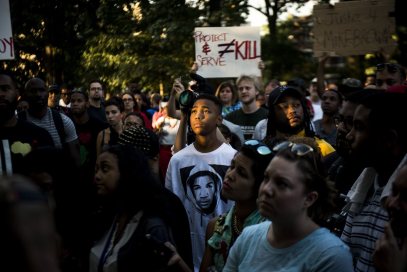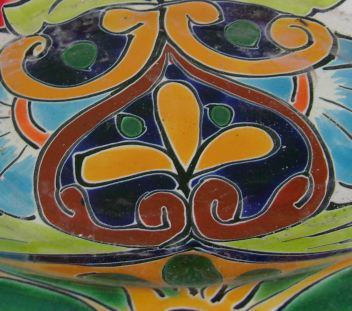
Today I attended the memorial service of a writer friend. It seems apt that the way I am dealing with it, and reflecting on his death, is to write something. I want the love and compassion I felt for him to go somewhere, and what better place than onto an otherwise blank page? We weren’t extremely close. I met him for dinner once, ice cream another time, and a tea a third. Our relationship was more centered around school, and we’d sit together between or after our classes at UNO while he waited for his ride, and I waited for the bus. But he was so gracious in his belief in me as a writer and his interest in me as a human, that his impact was profound. He was the kind of guy that mailed me two cds of songs he had compiled that he thought I’d like. Who uses mail these days? Or listens to cds? He was that kid of guy. And the kind of guy that found a poem in me…
On Sat, Jan 18, 2014 john wrote:
Almost forgot.
One of my favorite parts of a poem:
Usually peppermint
is my first choice
while fear
is my last.
(do you know the poet?)
My response:
Oh my God. I don’t know the poet but I need to!… I feel like you just saw a glimpse of my soul on that page and sent it back to me…Thank you. It’s the best gift I’ve gotten in a long time.
And his response:
I “FOUND” the poem inside an email YOU sent me a couple months ago.
YOU wrote that!… And of course, my favorite part of this whole thing is your saying that you don’t know the poet but you need to!
Well Florentina, keep getting to know her, she seems pretty awesome to me.
With some people, it’s not about how long you knew them, or how close you were. It’s about how they were there to make your life better in the exact moment when you needed it most.
When I heard the news about John’s death three things happened. First, of course, I cried. Then, after a few moments, overcome with the need to hold close what was still near, I picked up the phone to call another one of my friends to tell him I missed him. In my mind, the connection was two-fold. This other friend was also in the same writing class where I met John. This other friend, like John, had been in recovery. The third thing that happened is that I knew I would never drink again. This last one is a hard one to explain to family and friends who just want to have a beer with me.
I got drunk for the first time when I was about fourteen. The occasion is memorialized in a photograph of me wearing my brother’s orange baseball cap backwards and devouring a chicken wing with a great big silly grin on my face. I remember my family telling me that night, “You seem so happy! We haven’t seen you this happy in forever!” My parent’s philosophy, for better or worse, was that it was better that I drank with them, than when I was out with friends. In actuality, I did a fair amount of both. I liked who I was when I drank: a version of myself that seemed happier and more fun– albeit prone to being a bit of a diva.
I drank a lot for almost two decades after. In college, I went to parties and bars. After college I tailgated and still went to bars. And in Peace Corps in Cameroon, I drank with other volunteers in our houses and at meet-ups in the nearby City. I could write a lot about the bad stuff: the times when I had emotional breakdowns, picked fights, said things I shouldn’t have, consented to activities I shouldn’t have. But I think what’s more important is that there were a lot of times that nothing happened, but I still just generally felt kind of crappy the next day, not just physically but also emotionally. I felt crappy because I knew I hadn’t been my best self. I had been a bit meaner, a bit louder, and a lot more selfish.
The last time I got drunk was with two friends in Capetown, South Africa at a wine tour. I got lost in a bar, fell dancing, and heckled the white tour guide for never having slept with a woman of color. None of these were terrible. To me, the worst actually, was that I had treated my friend badly. I’d refused to leave when she was hungry and then demanded to leave when I realized I was too drunk and hungry to stay at the bar. Again, not terrible. But definitely not my best self. The next day I apologized, and I also made a decision that I didn’t ever want to be drunk again. And that was that.
Over the next several months, it was easy not to drink too much, because I was traveling by myself through Africa and Asia, and I didn’t like feeling vulnerable. But I’d still have an occasional beer or glass of wine with a fellow backpacker. Then, when I came back to the United States, I drank occasionally. But what I was realizing was that my desire to drink was becoming less and less, and my desire to be in environments where there was drinking was also decreasing. The effects of the alcohol were becoming more pronounced in my body. I’d get an almost immediate buzz and simultaneously a headache. And when I wasn’t drinking, I was much more aware of a bar’s stale smell of vomit and the loud, slurred arguments at the next table.
Overall, I think my definition of happiness and fun was changing as well as my definition of when I am happy and fun. I was beginning to prefer a cup of tea at a coffee shop or a walk in the woods. These brought me joy that didn’t compromise my authenticity or my best self. These don’t make me feel crappy the next day. And I’ve realized I am more genuinely at peace, and more in touch with the joys and wonders of life when I am fully aware. I would have stopped altogether sooner, but for a while I drank out of obligation. My friends and family seemed to miss my alter-ego, as erratic as she could be. And I felt like I was making everyone else’s evening less fun by not drinking. Social pressure was subtly real to me.
John’s death was the moment when I committed to being truer to my path, because John didn’t have the choice. I don’t know what array or pattern of genes makes one person more susceptible to addiction or alcoholism than another. It seems so random. But I do know that I have been blessed with the ability to gradually and perhaps comparably easily give up those things that I deem to be unhealthy for me, whether it’s caffeine, or sugar, or alcohol. My decision to not drink is no longer about me. It would be perfectly fine for me to have a margarita at happy hour every two months or so. But I realize that it’s not perfectly fine for a lot of people. It wasn’t perfectly fine for John. My choice to give up alcohol is an act of love for him and others like him, an act that says “I am in this with you. I will fight this thing for you.” Because it wasn’t just in John. It’s all around us. It’s in me. It’s in you. It’s in all of us. It’s in all the ways we seek happiness outside of ourselves, and the ways in which we believe we can end our suffering.
In my experience, I have only found true happiness when I go inward. Which is why I’m so thankful to John for pointing me back towards myself two years ago when I needed guidance. And why today, at his memorial service, I once again felt grateful for his presence in my life and the direction he gave me.
